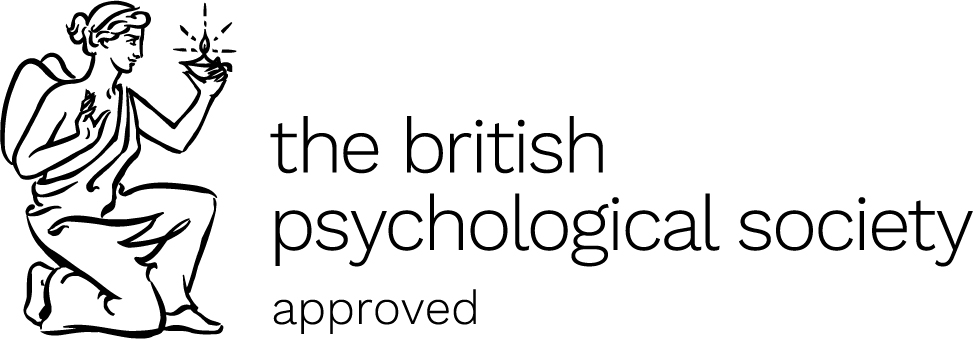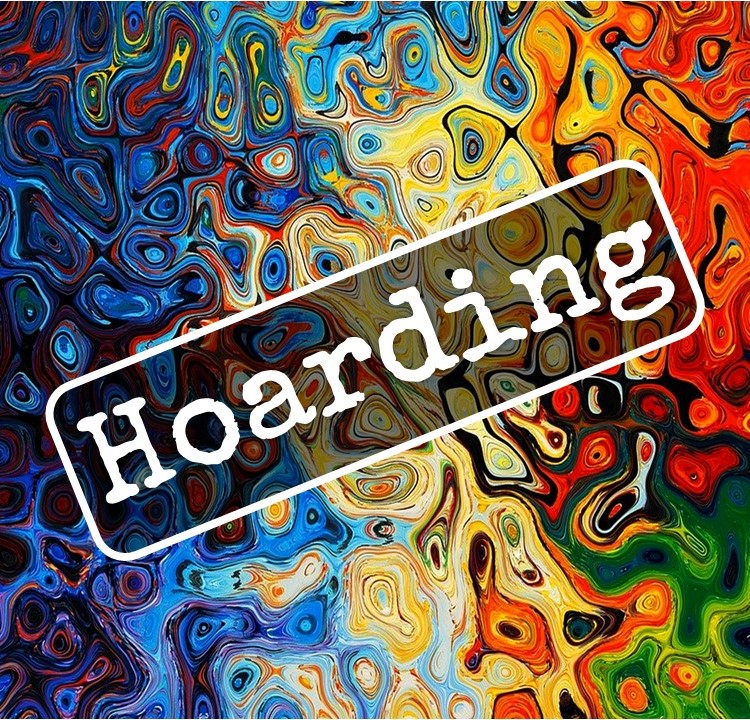
Course Brief
CLICK HERE TO BOOK
This 2-hour course on working with the issue of hoarding can be taken independently or as part of a larger, 42 hour, Certificate, Approved by The British Psychological Society consisting of 15 two-hour training modules and one two-day module. The Certificate is designed to enable delegates to apply Integrated CBT to a range of common problems important to both practitioners and their clients.
SPECIAL OFFER: Click here to book all fifteen 2-hr modules & save over £400
CLICK HERE TO BOOK
Hoarding as a psychological problem was classified for the first time as a mental health diagnosis in DSM V back in 2013. But it still doesn’t reach the consciousness of many therapists and counsellors. Why?
The two most obvious reasons are that most sufferers don’t refer themselves and if they do get help – it’s usually through local authorities when the problem is very extreme. Why?
Because it’s the health and safety implications that are the concern. No wonder therapists aren’t seen as the first port of call.
The second reason is simple prejudice. Although Hoarding Disorder can start in childhood and be a problem throughout adulthood, it becomes especially marked in the over 65s – a classic “ignored” group by therapists and counsellors.
And yet this often-hidden problem is much more common than you’d think.
It’s prevalence is around the same (or higher!) as that for male PTSD and three times as common as schizophrenia. And the data suggests that it often accompanies other psychological problems that you’ll be more familiar with – such as depression, anxiety and OCD.
Many common underlying factors of Hoarding Disorder are ones you’ll be familiar with:
- key messages from parents of “waste not want not”,
- loss or
- trauma triggers and
- long-standing cognitive errors.
Some however may be a novelty to you:
- problems with neurological executive functioning,
- procrastination
- as well as our old friend - perfectionism.
- from a CBT perspective, hoarding is also usefully viewed as a Safety Behaviour with all the therapy implications attached to that.
So, what to do about it?
- Above anything else ASK your client about it. I can guarantee you already have clients who have this as a hidden problem.
- Secondly, skill yourself up on the basics by attending this 2 hour “bite-sized” training on Integrated CBT For Hoarding Disorder is running as part of our BPS Approved Certificate in Integrated CBT For Common Life Challenges.
This 2-hour course on working with the issue of hoarding can be taken independently or as part of a larger, 42 hour, BPS Approved Certificate in Non-Diagnostic Psychological Problems: INTEGRATED CBT FOR COMMON LIFE CHALLENGES, consisting of 15 two-hour training modules and one two-day module. The Certificate is designed to enable delegates to apply Integrated CBT to a range of common problems important to both practitioners and their clients.
SPECIAL OFFER: Click here to book all fifteen 2-hr modules & save over £400
The cognitive–behavioural model of hoarding disorder incorporates a range of factors: from information processing difficulties, maladaptive attachment to and erroneous beliefs about possessions, mood problems and a compromised early family environment. All have all been indicated as both causing and maintaining this common problem. Evaluation of CBT programmes to address the problem indicate a 70-80% success rate after 12 months. Such a programme incorporates motivational issues, skills training on categorising, organising, and problem solving and practice sessions practicing sorting, decision-making, and discarding. Case study illustrations are used throughout.
These common problems frequently create distress and substantially interfere with functioning for sufferers even though they are not diagnostic problems typically leading to referral to mental health services.
Integrated CBT is an evidence-based approach to tackling problems that addresses process as well as content issues in therapy. It includes 2nd and 3rd wave CBT ideas as well as evidence based “tips” from other therapeutic approaches, such as MI, SFT, REBT and others, specifically to address process issues such as motivation and communication difficulties.
We've decided to combine the power of integrated CBT with deeper understanding of non-diagnostic life challenges and this resulted in creation of this Certificate Course.
This Certificate is a series of bite-sized trainings (with the exception of the 2-day detailed training on procrastination) that will guide delegates through cohesive evidence based treatment plans or self-help programmes.
CLICK HERE TO BOOK
This Course is now available as a full recording with an online test via SDS Online Video Training (OVT)
Title: Integrated CBT for Hoarding Disorder
Modality: Integrated CBT
CPD Hours Attached: 2 CPD Hours
CLICK HERE TO BOOK
SPECIAL OFFER: Click here to book all fifteen 2-hr modules & save over £400
This 2-hour course on working with the issue of hoarding can be taken independently or as part of a larger, 42 hour, Certificate, Approved by The British Psychological Society consisting of 15 two-hour training modules and one two-day module.
Completion of any 5 two-hours modules leads to receiving of a Certificate and Accreditation in Non-Diagnostic Psychological Problems: INTEGRATED CBT FOR COMMON LIFE CHALLENGES, Level 1.
Completion of any 10 two-hours modules leads to receiving of a Certificate and Accreditation in Non-Diagnostic Psychological Problems: INTEGRATED CBT FOR COMMON LIFE CHALLENGES, Level 2.
Completion of all 15 two-hours modules leads to receiving of a Certificate and Accreditation in Non-Diagnostic Psychological Problems: INTEGRATED CBT FOR COMMON LIFE CHALLENGES, Level 3.
Completion of Procrastination Module counts as one level.
SPECIAL OFFER: Click here to book all fifteen 2-hr modules & save over £400
Overall Certificate and Accreditation Level 4 is awarded upon the completion of all 4 levels.


